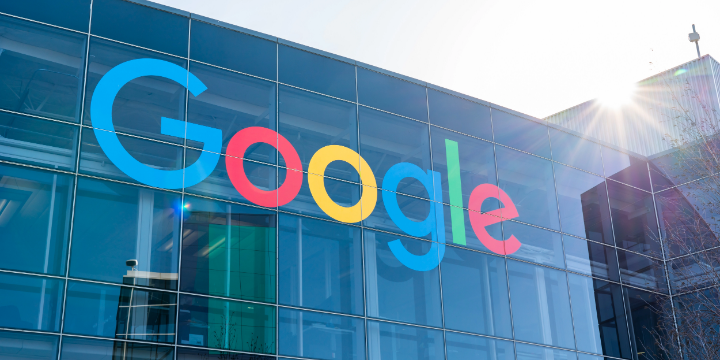Certain products and services Google sells in Kenya will be subject to a Value-Added Tax (VAT) of 16%. The search engine company made this announcement on January 1, 2023. This comes as a result of the Kenyan government’s implementation of a new tax through the Digital Marketplace Supply (Amendment) Regulation, 2022, earlier this year.
It has been stated by a number of multinational technology companies, like Spotify and Netflix, that they will start incorporating the fee in the prices of their products and services beginning the next month. Because of this, the prices of various goods and services will inexorably go up as the respective businesses make efforts to collect the tax on behalf of the government of Kenya.
In order to facilitate compliance with the new rule, Google has already requested that its users submit their tax information, which includes their KRA PINs.
According to a statement issued by Google, “Due to new tax legislation in Kenya, starting February 1, 2023, Google will be required to charge a 16% tax on all taxable goods and services.”
“Please update your Kenya PIN number in your Google payments profile. Once updated, you should start seeing the PIN number on your Google invoices,” the message continued.
Read also: Kenyans Experience Aftermath Of Central Bank’s Toughness On Fintech
The Act makes it abundantly clear that businesses that sell digital services or goods that are brought in from other countries would not be subject to the yearly sales threshold of 5 million Kenyan shillings (KES) that is required for VAT registration. This indicates that all digital suppliers, irrespective of the amount of revenue that they generate annually, will be required to register for VAT and report it.
In November of the previous year, Meta, the corporation that owns Facebook, made an announcement that all Facebook advertisements displayed in Kenya would be subject to value-added tax (VAT).
Previous Actions of Google in Kenya
Within the last months of 2022, Google clamped down on illegal loan apps in some African countries, including Kenya. If Kenyan loan applications do not provide evidence that they are authorised to conduct business in the country, Google has threatened to remove them from the Play Store, the digital distribution platform that it operates.
Those individuals who have submitted an application for a licence to the Central Bank of Kenya and who are able to provide evidence of having done so may also be spared.
New and existing loan applications in Kenya are now expected to submit the necessary documentation and information by the end of January 2019, failing which they risk being shut out of the system. This measure is analogous to those taken in India, Indonesia, and the Philippines.
There has been a boom of lending apps in Kenya and Nigeria, both of which are important digital hubs in Africa. These applications offer fast unsecured personal loans of up to $500, and the maximum loan amount is $500. However, due to the lack of severe laws and the slapdash vetting procedure of Google Play Store, rogue operators have been drawn to the platform. As a result, the authorities have been forced to take appropriate measures to protect the public.
Only ten out of the 288 different loan applications that were submitted to the Central Bank of Kenya for approval were granted permission to move further. Some of the most well-known ones, such as Zenka and Tala, which are supported by Silicon Valley, have not yet been granted licences.
It is expected of Kenya’s digital lenders that they will not use threats or engage in debt-shaming practices of any kind. This includes the posting of personal information on online forums, the sending of unauthorised calls and messages to customers, and accessing customers’ contact lists in order to get in touch with them in the event that they default on their loans.
Unlike in the past, when loan apps were not supervised, the new rule requires them to disclose their pricing plan, terms, and conditions to customers in advance. This is a significant change from the previous situation.
In addition to disclosing and giving evidence of the sources of their funding, the apps are obliged to notify the regulator before releasing new goods or making modifications to existing ones. This is in addition to the requirements that they disclose their sources of funding.
About Google
Google LLC is an American multinational technology company that focuses on search engine technology, online advertising, cloud computing, computer software, quantum computing, e-commerce, artificial intelligence, and consumer electronics.
The company was founded in 1998 by Larry Page and Sergey Brin and was known as Google Inc. up until 2017. Google’s current CEO is Sundar Pichai, headquartered in California with a worldwide reach of which Kenya is a beneficiary.




